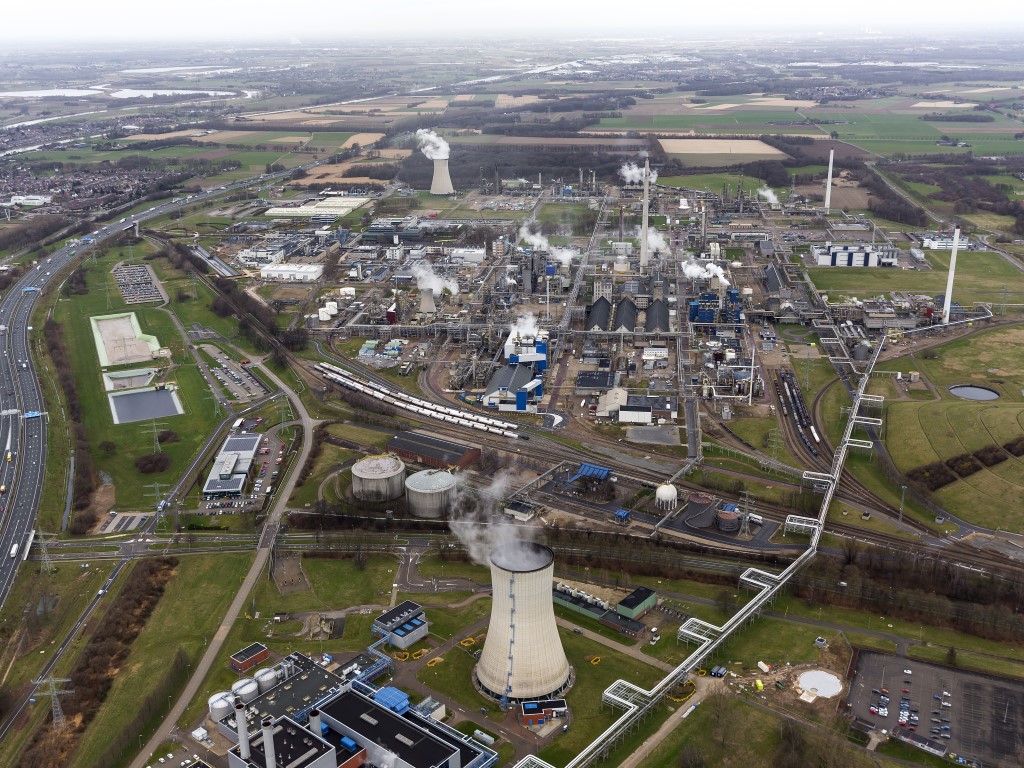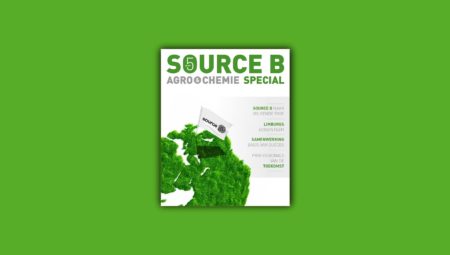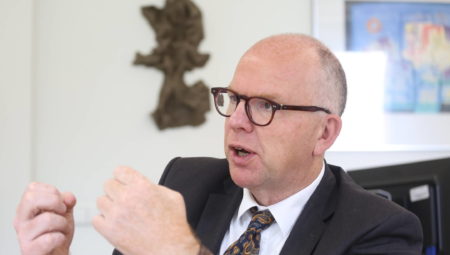In a relatively short time a new ecosystem for the biobased circular economy grew in Limburg, with a strong focus on chemistry, materials, agrofood, logistics, health and care. Initiatives such as Source B, now established five years ago, forged a rock-solid chain according to the “triple helix” principle: government, education and entrepreneurs work together to make the region economically resilient.
Strength of Source B
“Within Source B, the entire spectrum of activities within the biobased economy is discussed at one table every six weeks,” says Emmo Meijer, figurehead of the Top Sector Chemistry and Source B. “This allows us to talk about developments with concentration and focus: what’s feasible and what isn’t? Where do we apply our efforts and where not? That’s the strength of Source B. No region in the Netherlands has succeeded so well in this. We have already reached a project volume of some € 30 million in the first five years of our existence.”
Shortly before the summer, Agro & Chemistry devoted an extensive special to the challenges and successes of Source B. Many stakeholders give their views on the collaboration and the benefits that it brings. All articles from the ‘5 Years of Source B’ special can still be found on this website.



